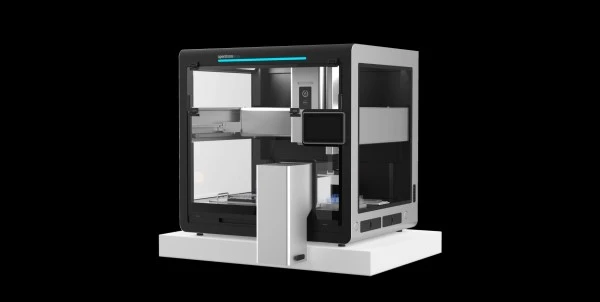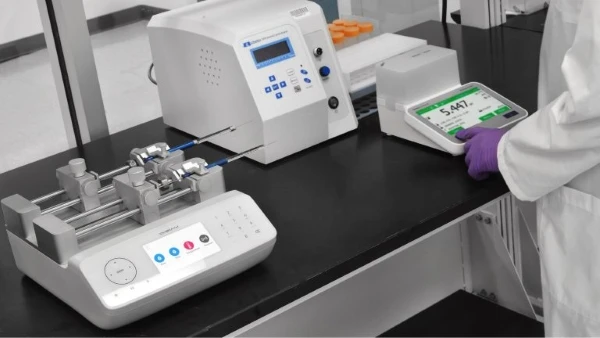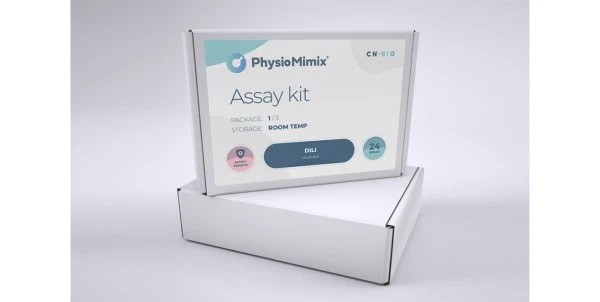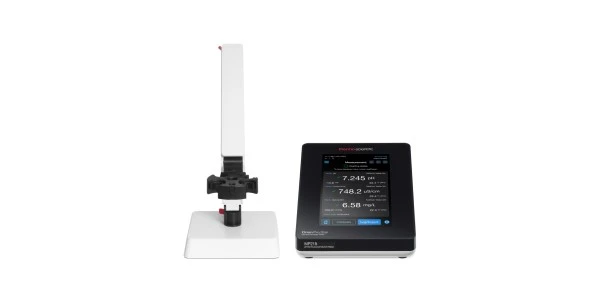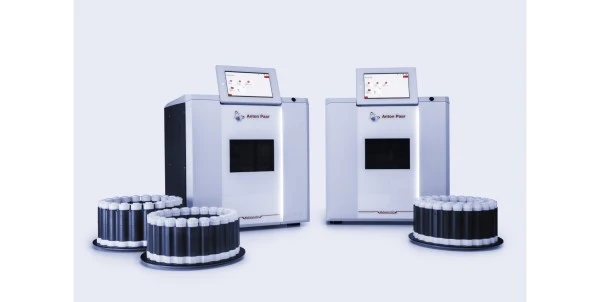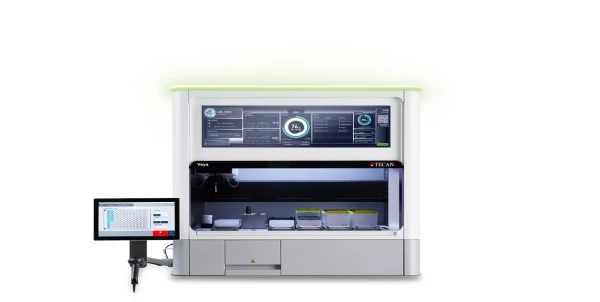
New Flow Cell Product Empowers Researchers and Product Developers
The new microscope slide is an affordable alternative to more complex technologies
Micronit, a prominent player in the field of microfluidics, is unveiling a new flow cell product that empowers researchers and product developers by providing increased flexibility and opportunities to access high-resolution imaging. As part of Micronit's strategic plan to expand its influence in the life science industry, this 75x25mm (microscope slide) flow cell offers an affordable alternative to complex and costly technologies. It opens up new avenues for high-resolution imaging in cell analysis and multiomics applications. The product is now available for purchase on Micronit's webstore.
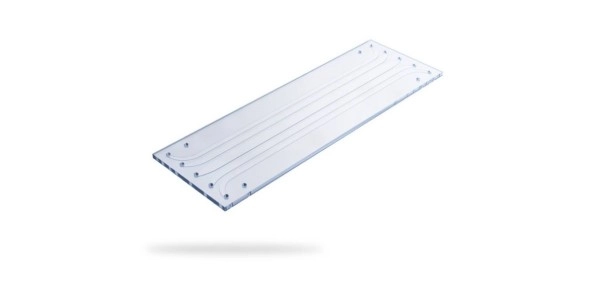 With the
introduction of the new flow cell, Micronit aims to provide an accessible and
affordable flow cell of excellent quality, which will reduce R&D efforts
and enable a shorter time-to-market. "This new flow cell represents a
significant addition to our existing flow cell portfolio and a major step
forward for Micronit in the rapidly growing life science market," says
Mark Olde Riekerink, Business Development Manager at Micronit. "We are
thrilled to provide our customers with a high-quality and affordable option for
high-resolution imaging. We firmly believe that this microscope slide format
flow cell, compatible with standard lab equipment, will offer researchers
increased flexibility and enable product developers to reduce their
time-to-market." In addition to the webstore products, Micronit also
provides the option to develop and produce custom flow cells tailored to
specific applications.
With the
introduction of the new flow cell, Micronit aims to provide an accessible and
affordable flow cell of excellent quality, which will reduce R&D efforts
and enable a shorter time-to-market. "This new flow cell represents a
significant addition to our existing flow cell portfolio and a major step
forward for Micronit in the rapidly growing life science market," says
Mark Olde Riekerink, Business Development Manager at Micronit. "We are
thrilled to provide our customers with a high-quality and affordable option for
high-resolution imaging. We firmly believe that this microscope slide format
flow cell, compatible with standard lab equipment, will offer researchers
increased flexibility and enable product developers to reduce their
time-to-market." In addition to the webstore products, Micronit also
provides the option to develop and produce custom flow cells tailored to
specific applications.
Micronit's advanced flow cell provides several distinct benefits, making it an ideal choice for researchers working on multiomics and cell analysis projects. The flow cell is carefully constructed with low-autofluorescence glass, ensuring a smooth channel surface that minimizes distortion and enhances data clarity. The glass also possesses properties that meet the strict chemical requirements of multiomics applications. The flow cell itself can be easily integrated with common laboratory instruments due to its microscope slide format (75x25mm), making the product highly adaptable.
In addition, researchers have the flexibility to choose the channel depth that best suits their needs, as the new flow cell is available in two options: 50 µm and 100 µm. Upon request, the flow cell surface can be customized with various coatings, including hydrophobic and amino coatings. These coatings offer advantages such as reduced sample adhesion or the capability to immobilize specific biomolecules.
